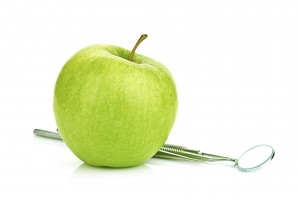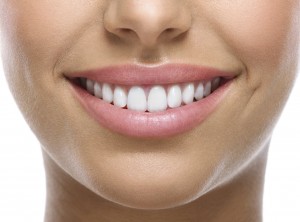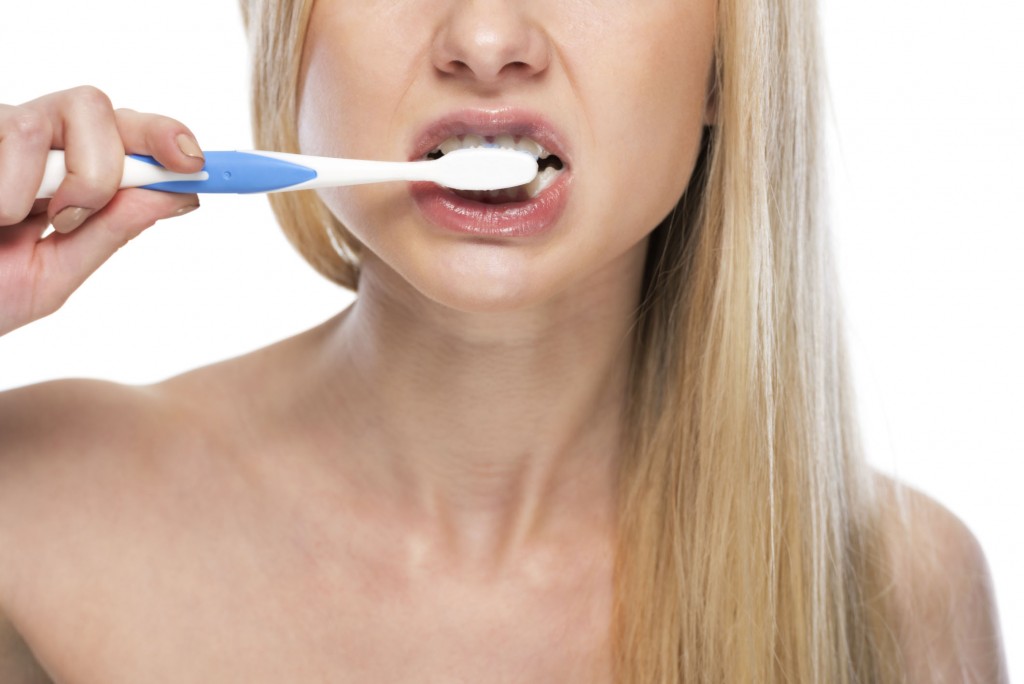 When we have the chance to improve your smile with dental implants, you will need to realize that while they are made to be quite resilient, you need to take care of them just as much as you do your own teeth. Don’t fret – it isn’t going to be an overhaul of your life. In fact, you may not even notice a difference at all. While you will be given instructions regarding aftercare and upkeep, here is a quick rundown of what you can expect to hear:
When we have the chance to improve your smile with dental implants, you will need to realize that while they are made to be quite resilient, you need to take care of them just as much as you do your own teeth. Don’t fret – it isn’t going to be an overhaul of your life. In fact, you may not even notice a difference at all. While you will be given instructions regarding aftercare and upkeep, here is a quick rundown of what you can expect to hear:
Brush and floss twice a day. Just like your regular teeth, implants need to be cleaned and flossed to prevent food particles from invading your gums and implant structure.
Say no to staining. Dental implants can stain the same as normal teeth. Steer clear of smoking, coffee, tea, sodas and wine. Don’t feel you need to avoid them completely – moderation is key.
Mouthwash. Special germicidal mouthwash is often prescribed by dentists for patients with dental implants. It helps reduce the risk of infection.
Dental visits twice a year. Regular dental visits are a part of normal dental hygiene but is especially true for people with dental implants. Your dental implants will need a thorough cleaning and plaque removal to continue to keep their brightness. Along with the cleaning, the condition of your gums, jaw and anchors will be checked.
Caring for restorations is just like caring for your natural teeth. You’ve gone through the process of getting the dental implant – maintain them for a smile that lasts a lifetime.
Visit Great Lakes Family Dental today and schedule an appointment to find out what kind of treatment your teeth needs to be healthier and to look better. Call 317-841-1111 or www.smilesbygeorge.com.
Great Lakes Family Dental proudly serves Indianapolis and all surrounding areas.

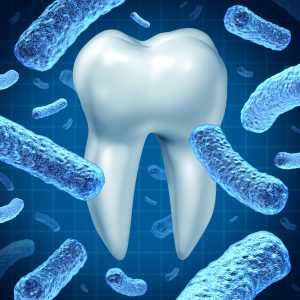
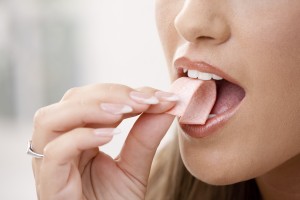 Do you suspect you have bad breath? If so, it might be an indication of other problems and not just a lack of proper
Do you suspect you have bad breath? If so, it might be an indication of other problems and not just a lack of proper 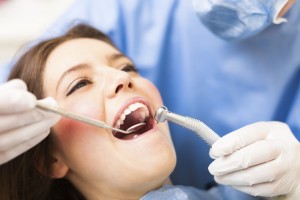 It will always be a nerve-wracking time preparing to see any sort of health professional. As adults, we seem to try dodging these appointments whenever possible. You aren’t exactly sure why, you just know you don’t want to go. For many, the thought of the unknown is the worst part about these meetings. So after years of deflecting the inevitable, don’t you want to understand why?
It will always be a nerve-wracking time preparing to see any sort of health professional. As adults, we seem to try dodging these appointments whenever possible. You aren’t exactly sure why, you just know you don’t want to go. For many, the thought of the unknown is the worst part about these meetings. So after years of deflecting the inevitable, don’t you want to understand why? When we think about athletes, we think about strong healthy individuals that take their sport by storm with all of their physical ability. They train hard, they eat well to give their bodies the proper nutrition in order to perform at their peak. But what if I told you that athletes actually have more to worry about when it comes to their oral health. It’s true. We may all have the same basic guidelines when it comes to
When we think about athletes, we think about strong healthy individuals that take their sport by storm with all of their physical ability. They train hard, they eat well to give their bodies the proper nutrition in order to perform at their peak. But what if I told you that athletes actually have more to worry about when it comes to their oral health. It’s true. We may all have the same basic guidelines when it comes to 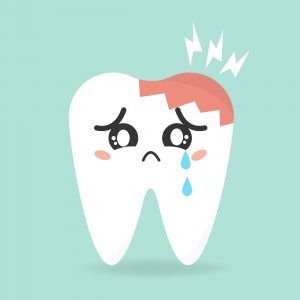 There are lots of
There are lots of 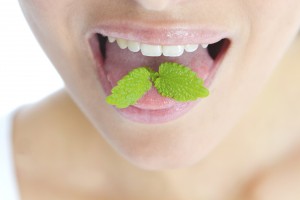
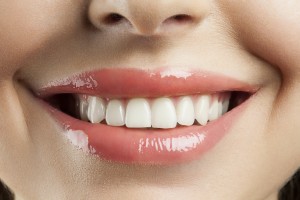 There are lots of reasons our teeth may not be the brightest at all times. We go to the dentist for regular cleanings, but in the end, they always seem to go back to the way they were. But why? What are we doing to make our smile dingy or flawed? A lot of times, it isn’t how well we clean our chompers. In many cases, discolored or damaged teeth are the result of our own bad habits, says Indianapolis dentist George Kirtley; other problems are caused by chemicals that entered teeth during childhood. The way we eat,what we put into our mouths, even habits you don’t realize you’ve picked up, like biting your pencil, can all do small damages to our teeth. The biggest offenders he sees in Indianapolis:
There are lots of reasons our teeth may not be the brightest at all times. We go to the dentist for regular cleanings, but in the end, they always seem to go back to the way they were. But why? What are we doing to make our smile dingy or flawed? A lot of times, it isn’t how well we clean our chompers. In many cases, discolored or damaged teeth are the result of our own bad habits, says Indianapolis dentist George Kirtley; other problems are caused by chemicals that entered teeth during childhood. The way we eat,what we put into our mouths, even habits you don’t realize you’ve picked up, like biting your pencil, can all do small damages to our teeth. The biggest offenders he sees in Indianapolis: